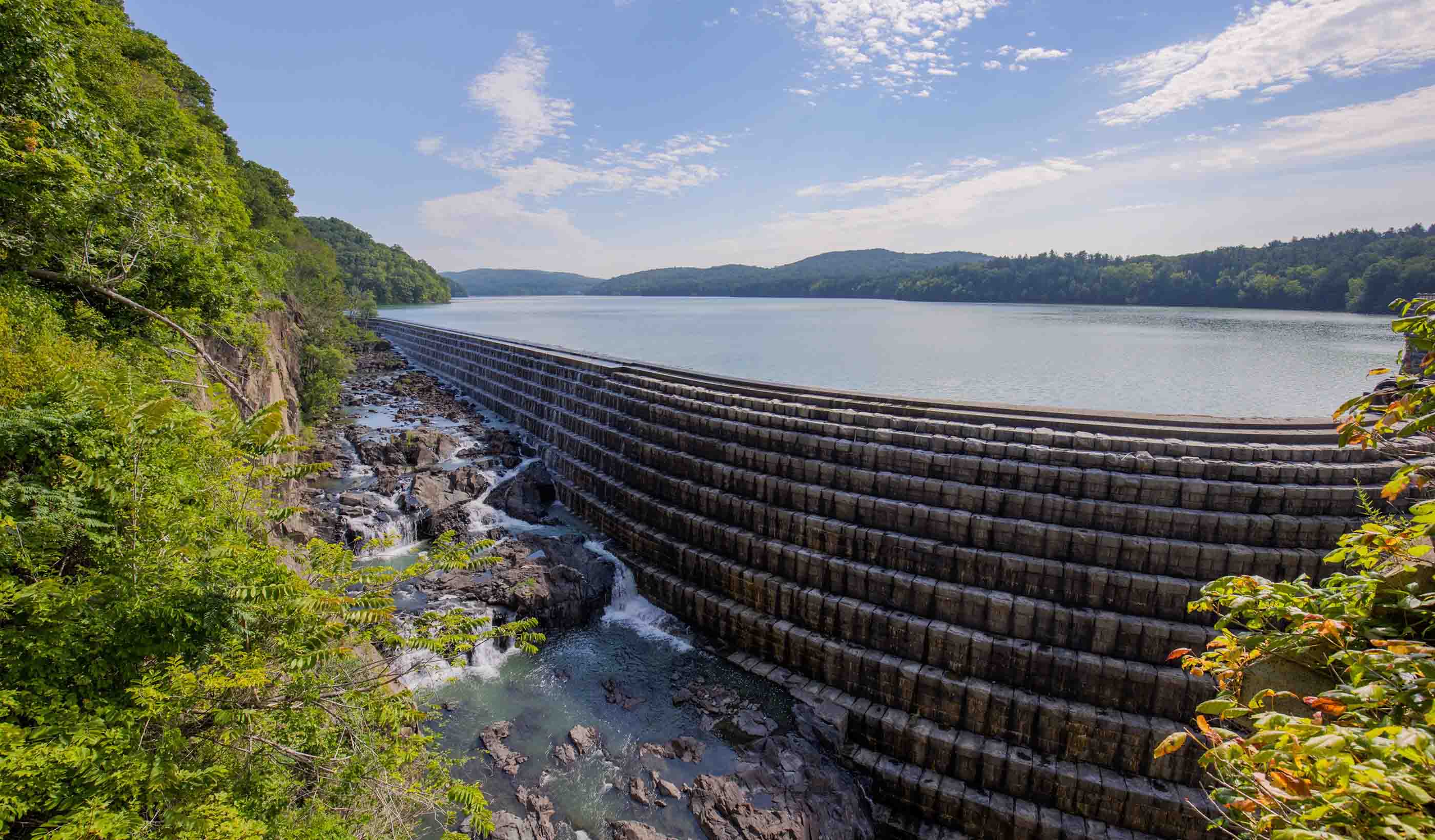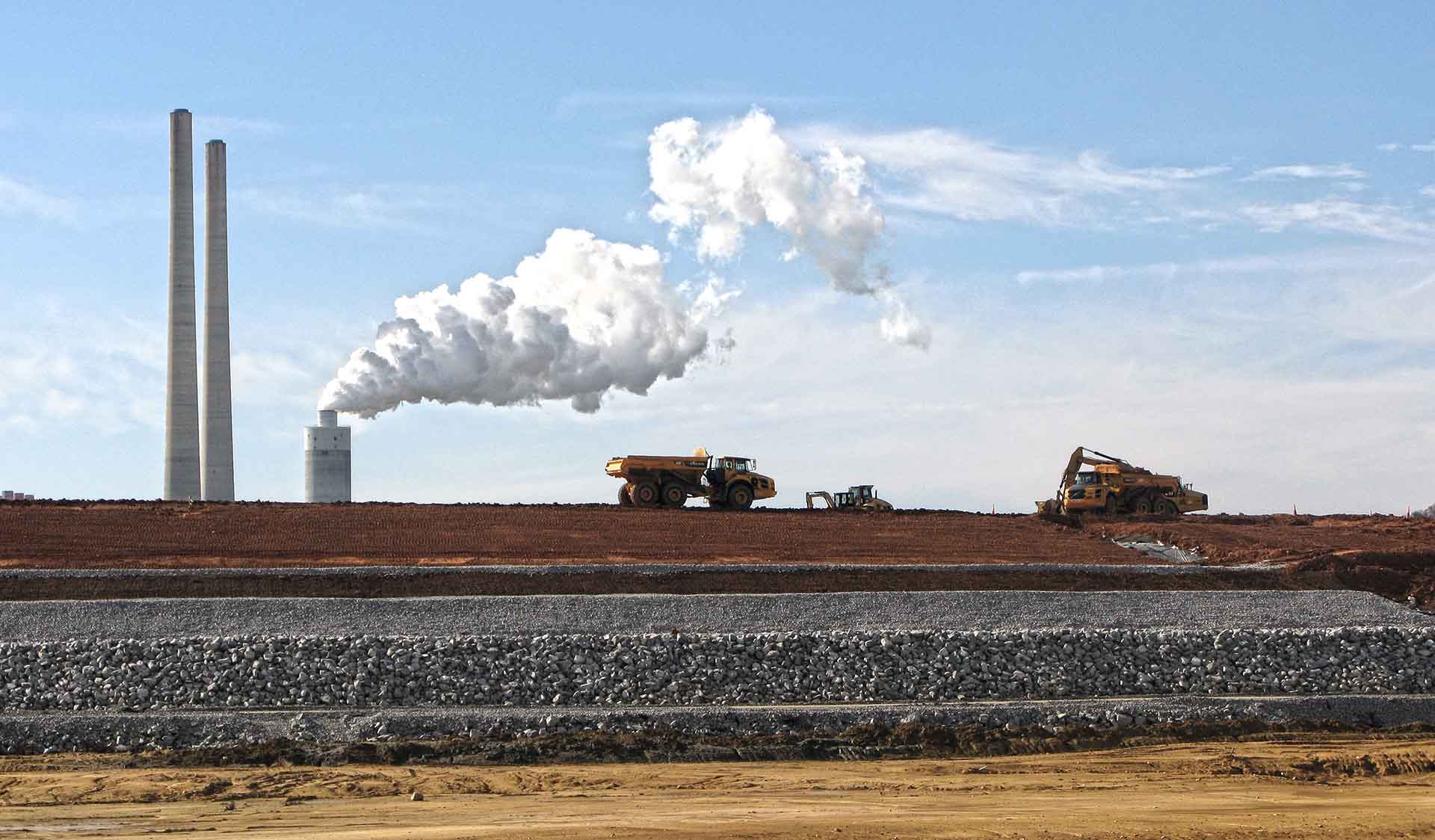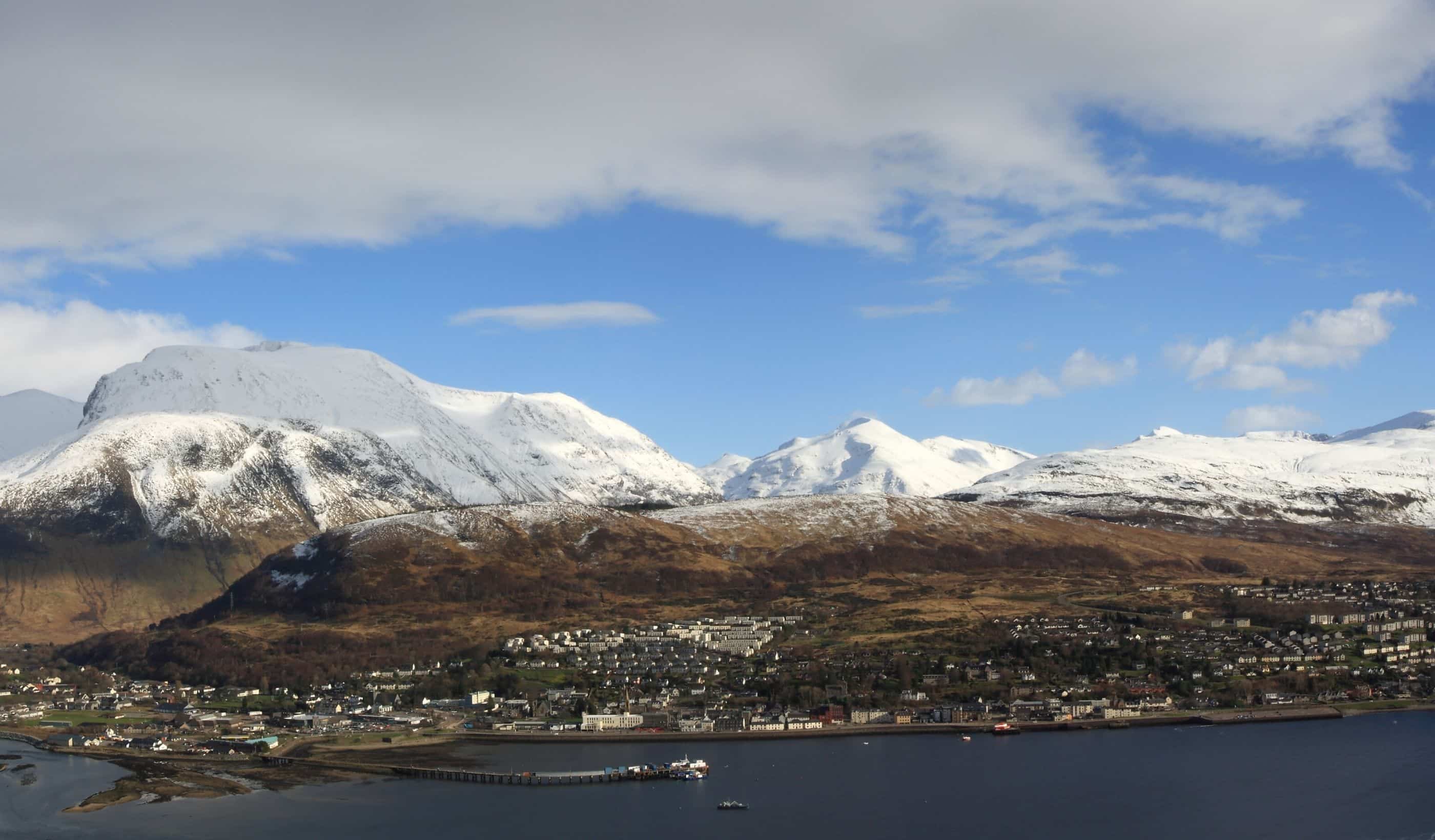- Location
- Mackenzie Delta, Northwest Territories
- Offices
-
- Location
- Mackenzie Delta, Northwest Territories
- Offices
Share
Permafrost Monitoring of Remote Drilling Sumps
Along with climate change comes thawing of permafrost in the Canadian Arctic, making drilling and disposing of drilling wastes in remote locations in northern Canada more challenging. The in-situ disposal of drilling wastes in remote sumps was a common historic practice for oil and gas companies—especially in the Inuvialuit Settlement Region (ISR) of the Northwest Territories (NWT) where extensive oil and gas exploration activities took place between the 1960s and the late 2000s in the Mackenzie Delta.
The practice of encapsulating drilling wastes in frozen ground was built on the idea that the buried wastes would freeze back and be permanently contained within a thick layer of permafrost, a key feature of the Arctic landscape. Warming climate and a shifting ground thermal regime are now impacting the stability of remote drilling sumps, but we’re helping to meet the challenge with permafrost monitoring. Through the execution of annual monitoring programs, we monitor sump performance for permafrost degradation and subsidence of sump cover and we’re identifying solutions to promote long-term stability of the sites.
As a result, we’re helping northern communities dispose of drilling wastes safely and responsibly.
- Location
- Mackenzie Delta, Northwest Territories
- Offices
-
- Location
- Mackenzie Delta, Northwest Territories
- Offices
Share
Richard Guthrie, Vice President
Geohazard innovation is about designing new, novel, and safe solutions that benefit clients, project teams, and our field of work.
We’re better together
-
Become a client
Partner with us today to change how tomorrow looks. You’re exactly what’s needed to help us make it happen in your community.
-
Design your career
Work with passionate people who are experts in their field. Our teams love what they do and are driven by how their work makes an impact on the communities they serve.























